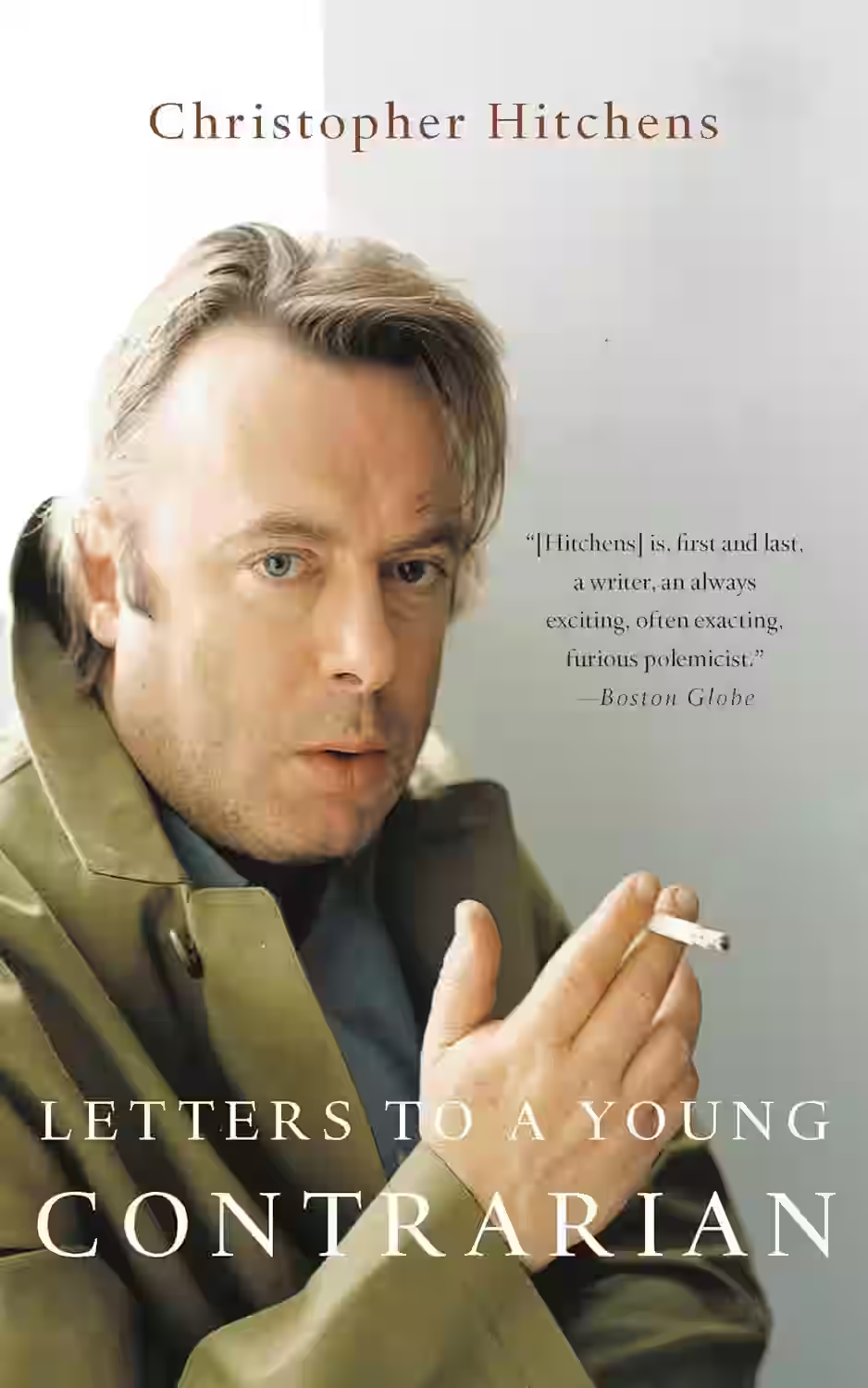
In 'Letters to a Young Contrarian,' the renowned iconoclast Christopher Hitchens imparts his wisdom and wit to budding contrarians. Through a series of letters, Hitchens challenges conventional thinking and encourages readers to question authority, uphold principles, and embrace skepticism. Touching on topics like politics, religion, and society, this book serves as a manifesto for those who dare to dissent and think independently. Hitchens' sharp prose and intellectual prowess make this a compelling and thought-provoking read, urging readers to engage critically with the world around them.
About Christopher Hitchens
Christopher Hitchens (1949-2011) was a British-American author, journalist, and literary critic known for his sharp wit and fearless criticism. He rose to prominence for his compelling essays and commentaries on politics, religion, and culture, often challenging conventional beliefs. Hitchens authored several acclaimed books, including 'God is Not Great: How Religion Poisons Everything' and 'Hitch-22: A Memoir'. His work had a profound impact on literature, sparking debate, and provoking readers to rethink their views on various societal issues. Hitchens was a prominent figure in the intellectual sphere, known for his prolific writing and staunch advocacy for free expression and secularism.
Other Books by Christopher Hitchens
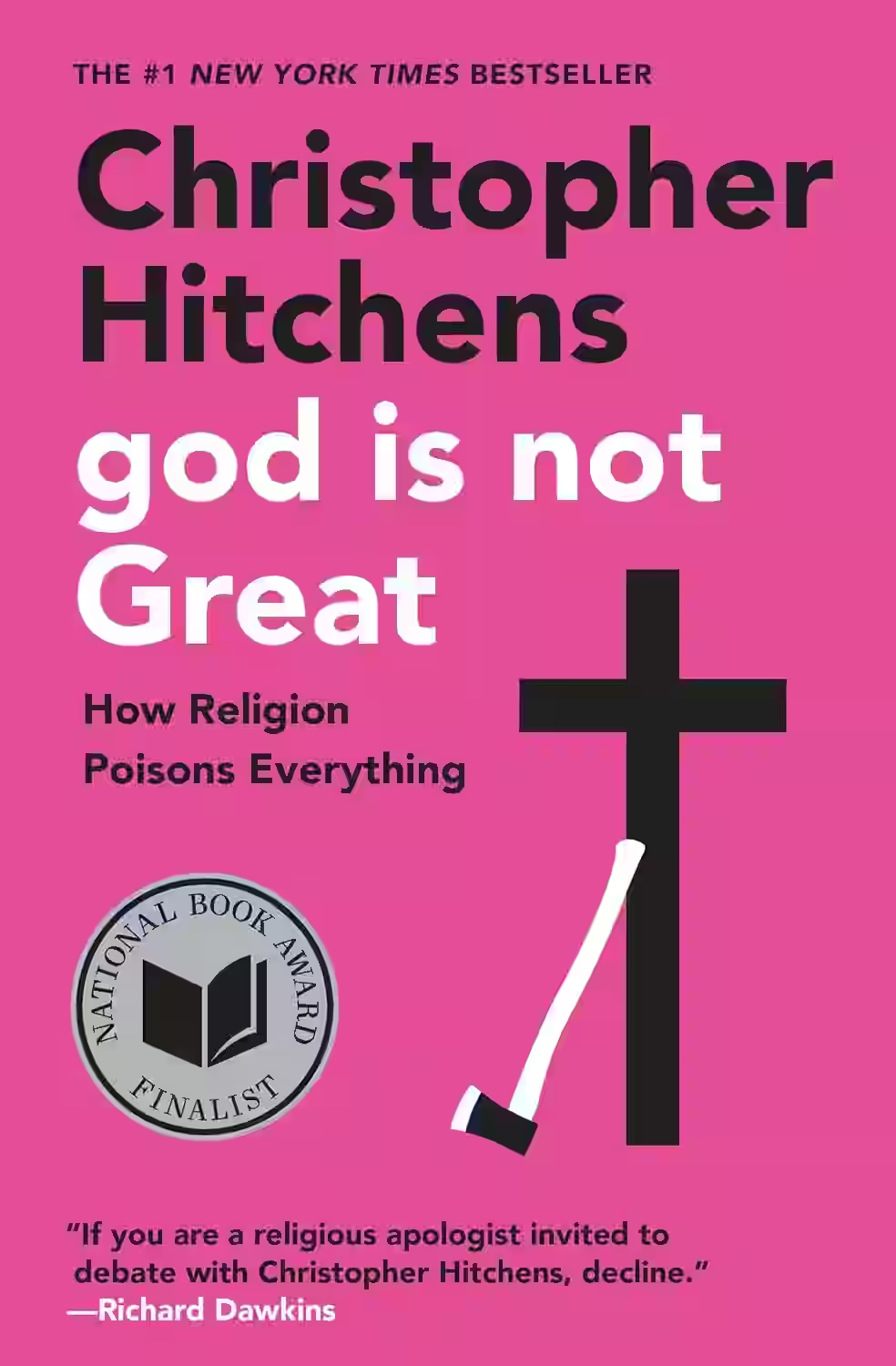
God Is Not Great: How Religion Poisons Everything
In 'God Is Not Great: How Religion Poisons Everything', Christopher Hitchens delivers a scathing critique of organized religion, dissecting its impact on politics, society, and individual freedoms. Through compelling arguments and sharp wit, Hitchens challenges the notion of a benevolent deity and addresses the harm caused by religious beliefs. He delves into various faiths, exposing inconsistencies and moral failings, ultimately advocating for secularism and rational thinking. This provocative and thought-provoking book prompts readers to question long-held beliefs and consider the role of religion in the modern world.
Similar Books
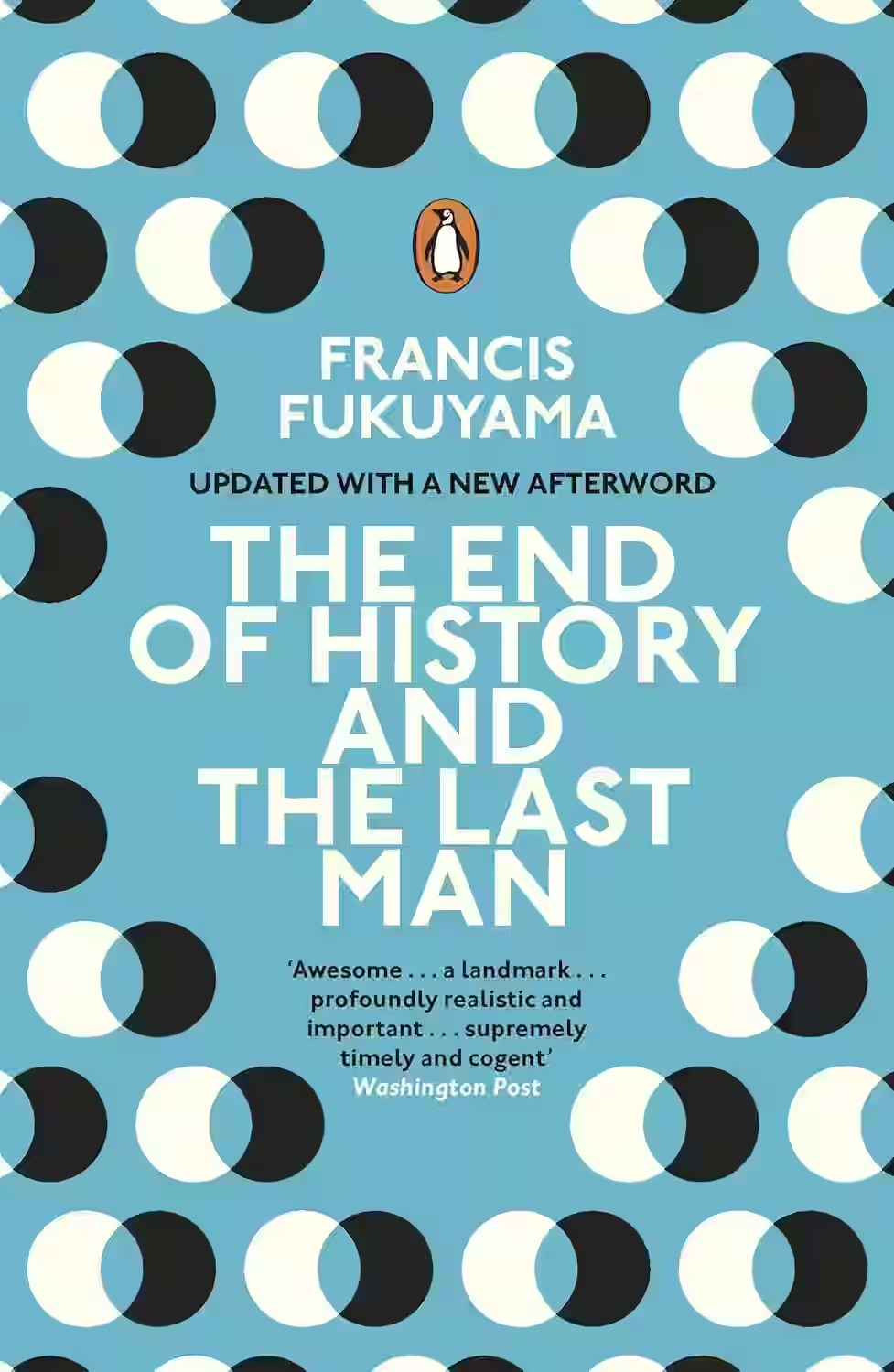
The End of History and the Last Man
In 'The End of History and the Last Man,' Francis Fukuyama explores the concept of the end of history, arguing that liberal democracy represents the final form of government and the ultimate goal of human socio-political development. Fukuyama delves into the Hegelian idea of humanity's journey towards a universal state of freedom and democracy, positing that the fall of the Soviet Union marked the realization of this vision. However, he contemplates the challenges to this theory, particularly the rise of identity politics and challenges to the liberal democratic order. This thought-provoking book continues to spark debates on the future of global governance and ideology.
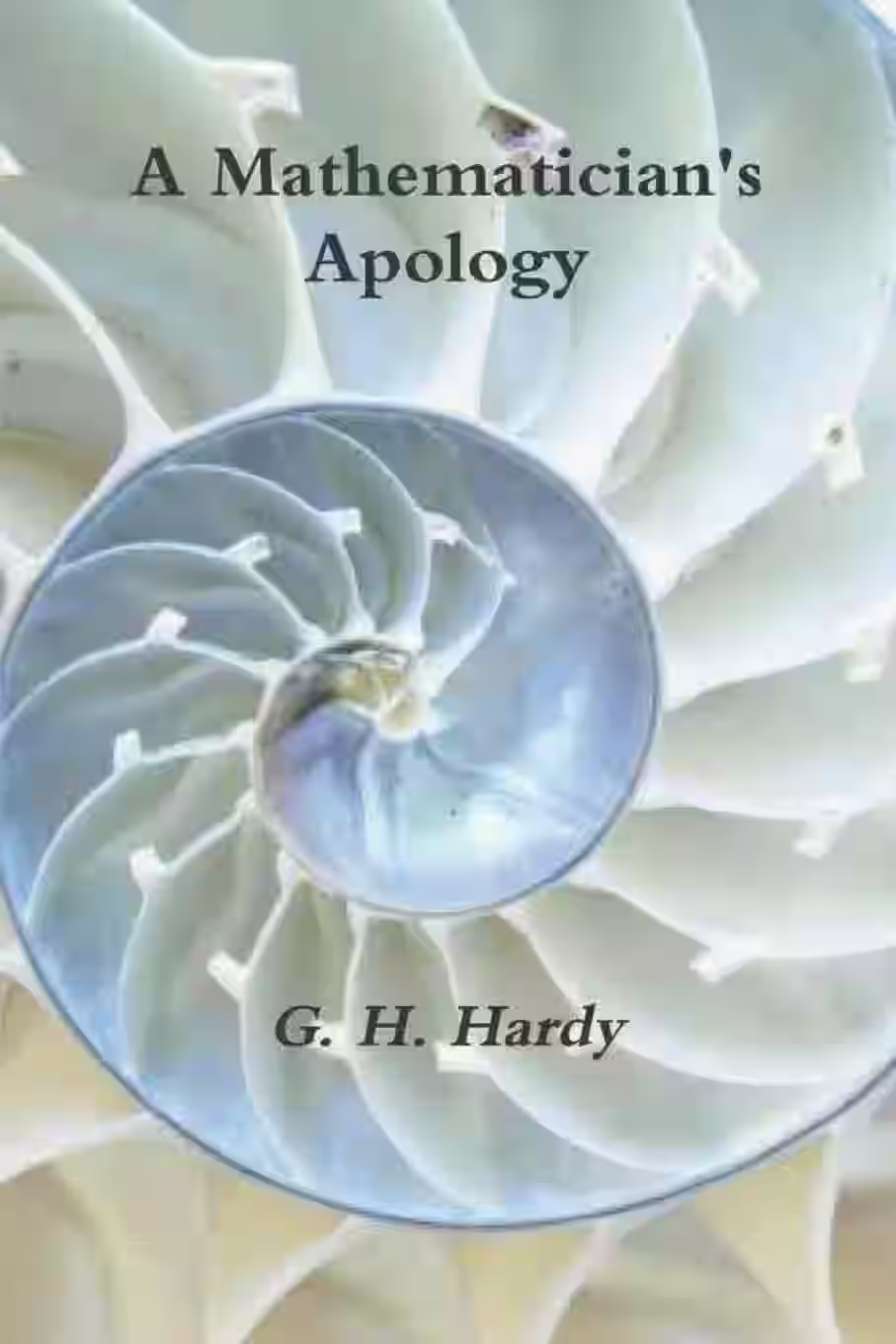
A Mathematicians Apology
by G.H. Hardy
In this reflective essay, esteemed mathematician G.H. Hardy defends pure mathematics, emphasizing its intrinsic beauty over practical applications. Written during his later years, Hardy offers insights into the creative process of mathematical thought and the aesthetic pleasure derived from abstract reasoning. The work serves as both a personal memoir and a philosophical treatise, highlighting the enduring value of intellectual pursuits for their own sake.
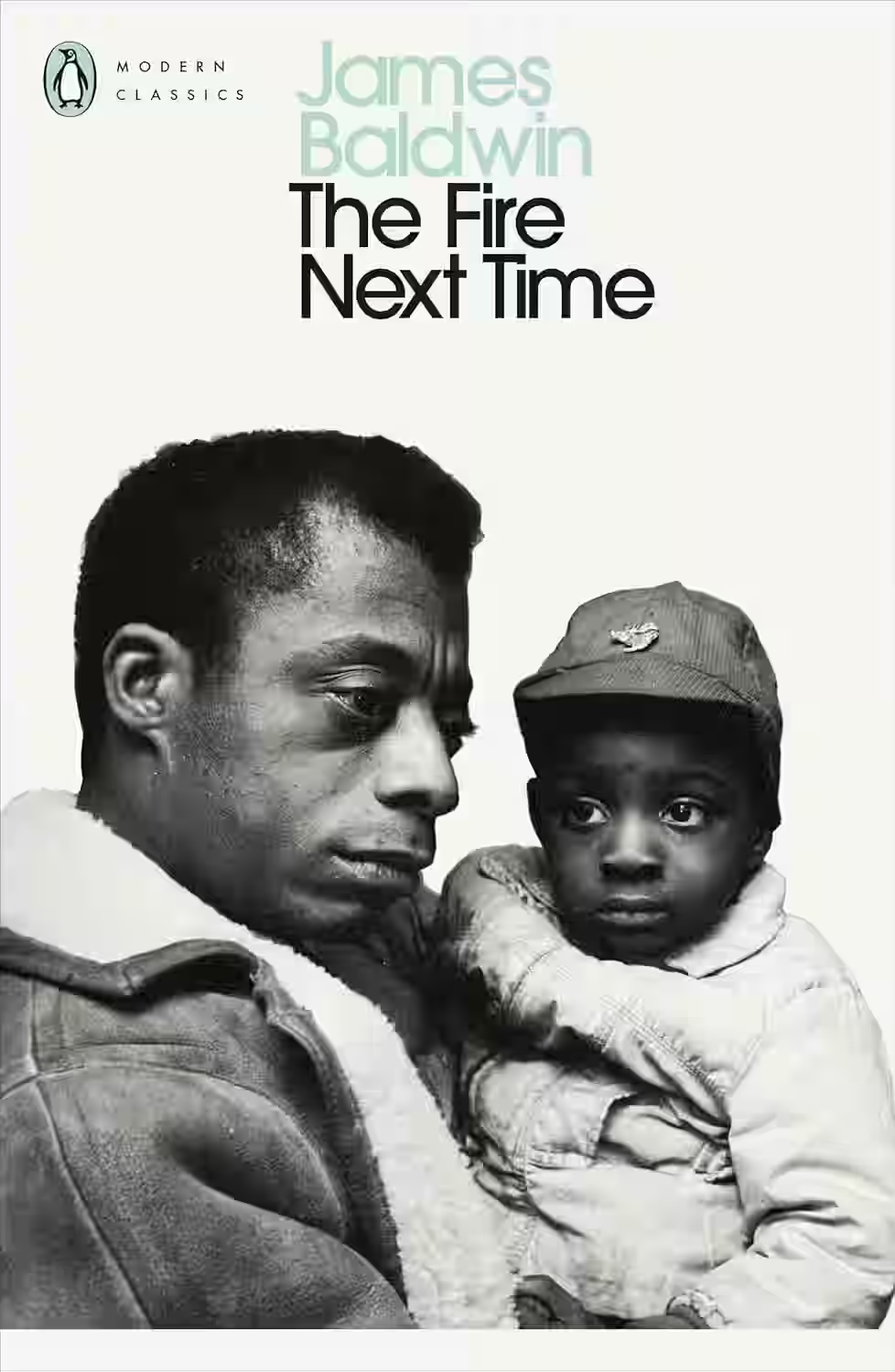
The Fire Next Time
In this landmark work, James Baldwin delivers two searing essays on race, religion, and the Black experience in America. Written as a letter to his nephew and a reflection on his own spiritual journey, Baldwin confronts the deep-rooted legacy of racism and the urgency of racial justice. His prose is poetic and unflinching, blending personal narrative with philosophical insight. Published in 1963, The Fire Next Time remains a powerful and prescient call for empathy, change, and truth. Baldwin’s voice, both intimate and prophetic, continues to resonate in conversations about civil rights and America's unfinished struggle for equality.
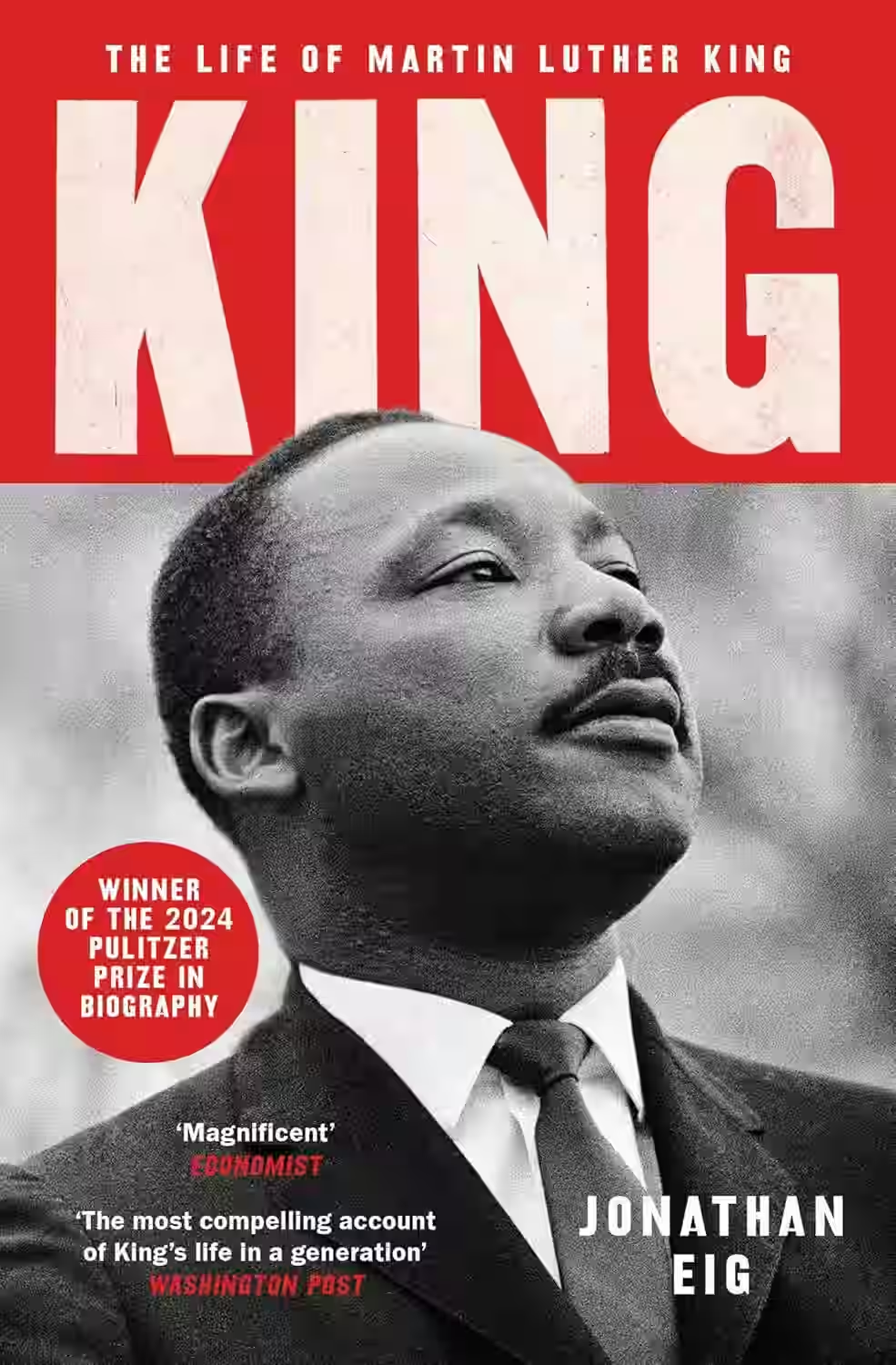
King: The Life of Martin Luther King
by Jonathan Eig
This definitive biography offers a sweeping, intimate portrait of Dr. Martin Luther King Jr., drawing on newly released FBI files and hundreds of interviews. Jonathan Eig presents King not as a sanitized icon but as a complex, courageous, and fallible human being. From his rise in the civil rights movement to his assassination, King explores the moral convictions and personal struggles that shaped his leadership. The book reveals new dimensions of his activism, including his economic and anti-war stances. King is a monumental work of scholarship that restores the radical legacy of one of America’s most transformative figures.